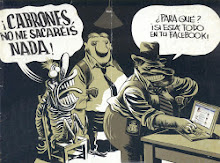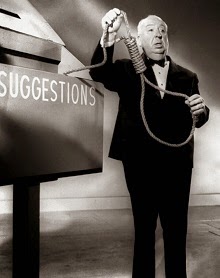Lisa Levy
The world of Michael Koryta contains many worlds (to paraphrase Whitman, or maybe Star Trek). He’s taken readers to creepy old hotels (The Cypress House, 2011) and through wilderness training (For Those Who Wish Me Dead, 2013). He’s not afraid of the supernatural, but has also written some stellar realist crime fiction, especially The Prophet (2012, which Friday Night Lights fans would do well to pick up for a fix of small town high school football). His Lincoln Perry series, which marked the beginning of his writing career, gave us a portrait of Cleveland as fully realized as Dennis Lehane’s Boston or Laura Lippman’s Baltimore, seen through an ex-cop turned PI with a few grudges and a lot of heart.
With his latest book, Last Words, he’s combined several of these elements to great effect: the book introduces a new PI protagonist, Markus Novak, who is both out for justice for his recently killed wife, an attorney for a Death Row firm whose death might have something to do with a Florida town known for its psychics called Cassadega. To distract him from his obsession, his boss sends Novak up to Garrison, Indiana, to investigate a cold case about a young woman found murdered in a cave. Again, the real and the supernatural coincide (and perhaps conspire) in Novak’s investigation, which makes him question both his empirical methods and his instincts about people.
Lisa: It’s clear from your books that you are a research fiend (wilderness training, working with big cats, and the historical detail in books like Envy the Night). I’d love to hear about what research you did for Last Words.
Michael: It was pretty tame this time — I crawled around caves in the dark and I was hypnotized. Of the two experiences, the hypnosis was the most intriguing, but I really do love caves and find them fascinating, too. One of the exercises I did in hopes of really getting the feel of being in total blackness was to go “fully dark” when alone in a cave and try to see how well I could process simple things like time. I had a goal of turning the light back on when I thought 20 minutes had passed. The first time I did this, I turned the light on after just seven minutes. The second time, almost an hour went by. It was incredibly hard for me to track. The way the other senses heightened or seemed to heighten was interesting, too. Silence became anything but silence; the caves seemed very loud and active when I removed light.
Lisa: Why return to the PI novel now? Did you miss writing a series character? How does your own background as a PI play into your books?
Michael: I look at Last Words as anything but a PI novel in many ways. Novak is a PI, of course, but the novel didn’t feel in any way familiar to the Lincoln Perry books. I enjoyed that, stretching the form a bit. I hadn’t missed writing a series character. In fact, I prefer standalones. But it became evident early on that Novak wasn’t going to have things resolved in one book, and I began to see a sort of saga for him, began to see the ways he would need to change in this book in order to progress to the next one. Thinking along those lines made it feel much more interconnected than my previous experience with a recurring character. I was much more aware of how the things I wrote in Last Words were setting up the future. Getting his backstory right was critical, and making sure I left enough gaps in there to still be flexible in the future books.
As for my own background, it was certainly grist for the mill. Just the general tone of the book, the feeling of being dispatched to this odd little town on an investigation, was something that came very naturally to me from my own experiences. I realize I’ve used that a lot now — the investigator out of his own element. The PI firm I worked for covered a lot of geographic area so I often had that experience, where a new case meant a new town.
Lisa: Can you talk a bit about your work with the Innocence Project, which seems like it is underpinning this new series?
Michael: It was brief and tangential but intrigued me from the start. We worked some different elements of what became a successful exoneration, and a woman who had been in prison for a decade was released. That was, obviously, a very fascinating case to work on. One of the elements I worked was alternate theory/suspect leads, which was really interesting, akin to taking on a cold case. It was while working on that case that I began to consider the potential collision between working for a group like that while being a victim of violent crime. From an emotional standpoint I could see plenty of potential. When I first set out to write the book that became Last Words, I thought that the firm would be very important to the story. That didn’t really develop, but we will see what happens down the road.
Lisa: In reading your backlist, there seems to be a tension both inside your protagonists and among characters (in, say, The Prophet and The Cypress House) between action and contemplation. Do you find this to be a productive tension? Is it something you recognize in yourself?
Michael: That’s a very accurate read. I enjoy building the emotional stakes of major actions or decisions, and trying to make those feel authentic, to the point that there is some real hesitation on the reader’s part as to what should be done. The “she should turn right, and she does turn right” narrative gets wearying to me. I’m much more interested in the “she should turn right, but she turns left.” The emotional payoff on those moments comes from what you’re describing as the tension between action and contemplation. I’m particularly drawn to this when it involves the past being the engine that drives the present. That’s where I see it most in myself, too. I’m far more contemplative about decisions already made than I am about decisions to be made. What that says about me, I’m not sure. It’s the narrative fascination, I suppose, knowing that you eliminated one version of your life to create the current one, and there’s no going back. I’m endlessly intrigued in that idea of the lives we kill. I’m also fascinated by the near misses.
Example: I tried to cancel a trip to Dennis Lehane’s writing conference in St. Petersburg at the last minute, going so far as to cancel the hotel and rental car, and it was only when I realized I was going to have to eat the cost of the flight and conference registration that I ended up going. The conference was more than a little significant in my life: I met my wife there, I ended up moving to St. Pete, I got a book (Cypress House) from the place that I wouldn’t have had written otherwise, numerous friendships and relationships that I view as critical to my life now. So that intrigues me – what if I’d been successful in canceling, what’s my current scenario? Now make that more interesting (and bloodier) and we have the “what if” scenarios that I enjoy writing about. “What if Adam Austin drives his sister home?” “What if Paul and Arlen don’t get off the train?” “What if Mark Novak went to Cassadaga instead of his wife?” In those questions I find the heart of the stories.
Lisa: Are there other themes you think unify your books? You have an impressively diverse body of work, so I’m curious as to how the books fit together for you (or if they don’t).
Michael: I see several unifying craft elements — we’re always going to have the past weighing on the decisions made in the present, I can’t seem to wander away from that Gothic notion, and we’re always going to have a sense of the place itself affecting the story, it seems. The landscape in my books tends to rise up and cause some trouble. As for unifying themes, I seem rather hung up on ideas of attempted atonement. The question of “If you could set things right, how much would you endure in order to do that?” seems to reappear. Also the simpler question of “can you set things right?” I like to see the emotional reserves a character has. I’ll write to that point almost every time out, it seems. For this reason, standalones are good. My readers can’t have the same confidence in the fate of their protagonist that they can find elsewhere, and I like that. You lose it, obviously, with a recurring character. I hate to lose the mortal-event risk in the narrative, so it’s an interesting challenge to try to build the tension to as high a place as you’d have with it present.
Lisa: What is the highest compliment someone could give you as a writer?
Michael: That I made them feel something. Without question. People who tell me they cried during a book, or that they lost sleep over a book, they’re giving me the greatest compliment. They’re feeling something for my fictional characters, and I feel something for those characters, so we have this special shared experience that is really magical to me.
Lisa: I’ve seen you have made playlists for your novels before. What were you listening to when you wrote this book? Were you aiming for a particular mood?
Michael: Yes, I’m a little obsessed with getting the music right for the book and characters. For Last Words I was listening to a lot of Lord Huron, The Cave Singers, The Barr Brothers, and Walking Papers. My song for Markus Novak was “Beggar in the Morning” by the Barr Brothers. There’s a sense of a journey to that song, and of a guy who is holding a lot together by threads.
(Ed. note: Actual playlist here.)
Lisa: I admit, I got creeped out by all of the caves in Last Words. Do you have any phobias?
Michael: Excellent! You felt something. This is great! Ha. I have more phobias than we could begin to count, probably. I spend most of my day imagining the way things could go bad for people; it’s hard not to carry that along with you. I’m germ-phobic on planes, always anticipating someone is coughing Captain Trips into my airspace. Anyone who doesn’t lock the door when taking a shower has clearly not paid enough attention to Psycho, and is courting death. Here’s a weird one for you — I’m creeped out by cars that stay in my rearview mirror for more than a turn or two. It’s karma coming for me after years of surveillance jobs, I’m sure, but I am very aware of the cars behind me and easily bothered if they stay there.
Psst! We’re giving away five copies of Michael Koryta’s creepy, claustrophobic new thriller, Last Words! Head on over to our contest page to enter.

























.jpeg)









0 comentaris:
Publica un comentari a l'entrada